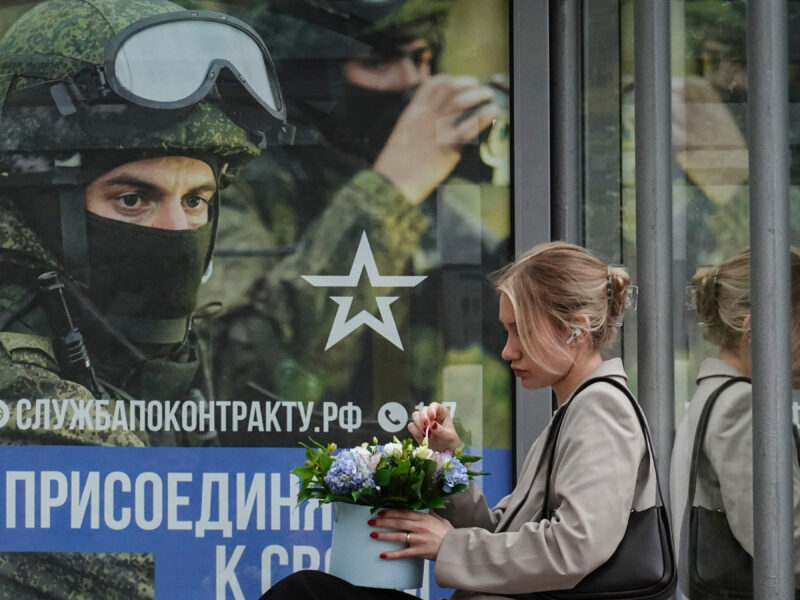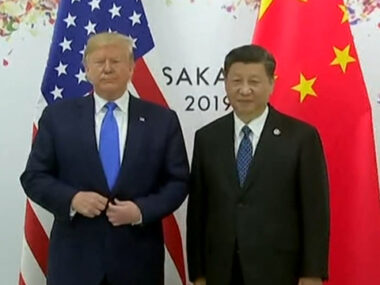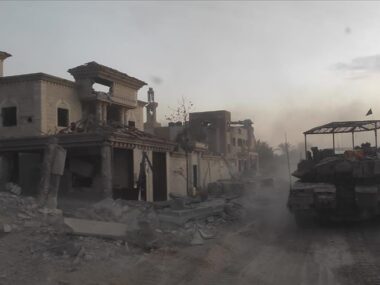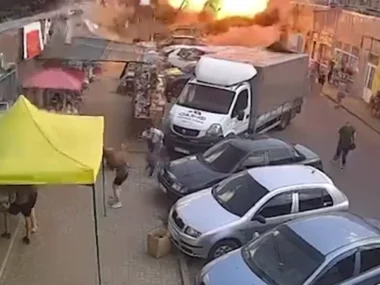Following last month’s rallies in Moscow, some women were also denigrated online, according to the British Ministry of Defence.
The UK Ministry of Defence alleged that Russian officials are paying Russian soldier wives not to object to their country’s long-term deployment following protests in Moscow.
In its daily intelligence briefing, the Ministry of Defence stated that some women were being bought off, while others had been debunked on the internet.
It follows the wives of soldiers’ protests in November.
“Studies by independent Russian media outlets and remarks made by protesting wives themselves imply that, in recent weeks, the authorities have probably offered increased cash payments to families in exchange for them abstaining from protest,” the Ministry of Defense tweeted.A well-known online community for spouses of soldiers released a manifesto opposing “indefinite mobilization” on November 27, 2023. The group was tagged with a “fake” warning label on or around November 31, 2023, most likely at the request of people with ties to the Kremlin.
Since these residents have been on the front lines for more than a year, the authorities are probably especially sensitive to any protests pertaining to them. They were mobilized in September 2022.
On Saturday, Ukraine announced that the Zaporizhzhia nuclear facility was at risk of a “accident” due to the cutting of two power lines that connected the plant to its energy system over night.
Since Russian forces took control of the plant last year, it has been the focus of conflict, with both sides accusing the other of endangering the plant’s security.
Ukraine’s nuclear energy operator stated, “The nuclear power plant switched to powering its own needs from 20 diesel generators due to the complete blackout.”
The plant was reportedly “on the verge of a nuclear and radiation accident” until Ukrainian experts managed to quickly bring back off-site electricity.
The version of events provided by Ukraine could not be readily confirmed by Agence-France Presse.
Although the plant’s Russian operator acknowledged that diesel generators were used during the night, they added that all operations had taken place within safe parameters and that no safety lapses had been detected.
According to the International Atomic Energy Agency (IAEA), this is the eighth time since the conflict started last year that the plant has been cut off from outside electricity.
Rafael Grossi, the director of the IAEA, stated, “The most recent external power outage is yet another reminder about the precarious nuclear safety and security situation at the plant, which can be affected by events far away from the site itself.”
“The IAEA is still making every effort to avert a nuclear mishap. He said, “I also urge everyone involved to refrain from doing anything that would put the facility in even greater jeopardy.
IAEA representatives have been on the ground since last year keeping an eye on plant safety. The facility needs ongoing maintenance to avoid overheating.
Throughout the course of the 21-month battle, it has been repeatedly rocked by drone attacks and shelling, and it stopped producing electricity to Ukraine’s grid in September 2022.











